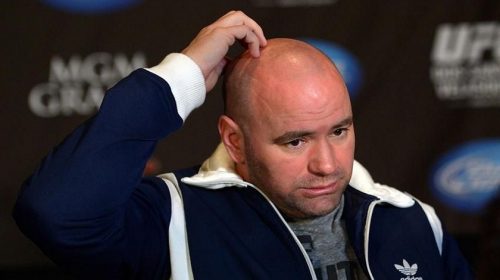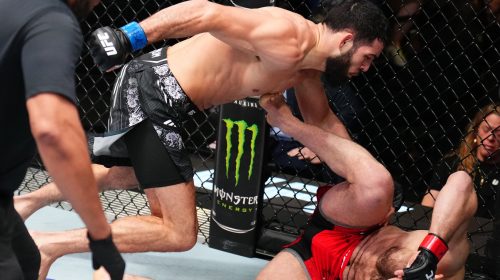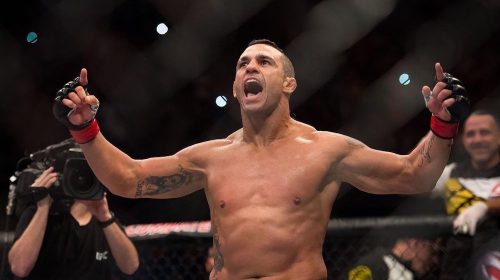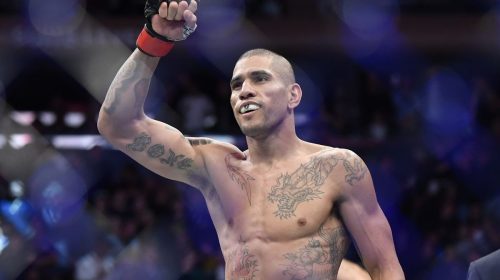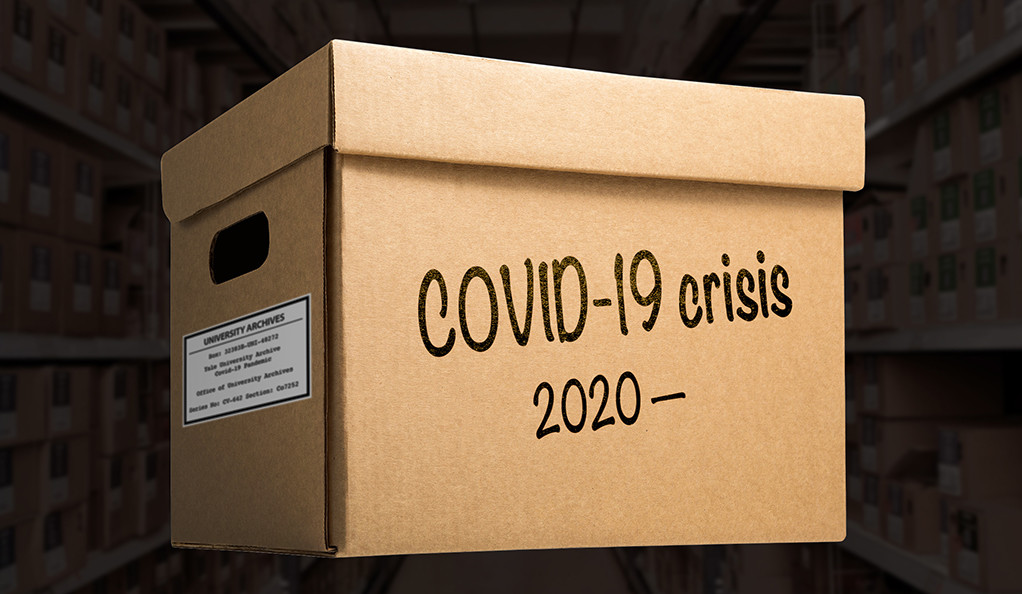
Marketing Events Amid the COVID-19 Crisis: Will Events Still be On?
Every year, businesses spend billions of dollars on business-to-consumer and business-to-business events. 2020 was no different with numerous large events being lined up in the course of the year. However, in the past few weeks, we have seen numerous cancellations of big, popular events due to measures taken by governments across the world to prevent the spread of COVID-19.
For instance, One Championship, a Mixed Martial Arts (MMA) organization, recently announced that it will shift to closed-door and audience-free events due to the outbreak. Similarly, the UFC recently announced a move to indefinitely postpone all events scheduled from March 28 to April 11, leading to the cancellation of three upcoming events in three weeks. Similarly, popular sporting events that are regularly attended by thousands of people, such as the English Premier league and the European Champions League, have also been cancelled until further notice. From large sporting events to important religious holidays, we have seen many events getting cancelled and event marketing professionals and companies are suddenly in unfamiliar and challenging times.
Marketers often tap into events like trade shows, conferences, and live brand experiences and intimate media, influencer and customer events to reach their target audiences. Consequently, in-person interaction is the life-line of the strategies employed by many businesses, particularly sales teams. Nowadays, events involve a rich combination of traditional conferences and expos, global developer conferences, gatherings of brand ambassadors and influencers as well as their fans, and just about any type of live experience you can imagine.
Having said that, what are some of the innovative ways event marketing professionals can use to host events during the COVID-19 lockdown?
Tap into technology
Since you cannot host a live event, it makes perfect economic sense to tap into the power of technology and the connectivity afforded by the internet through social platforms to ensure your fans and customers are still engaged. For instance, people are turning to cloud clubbing since they cannot go to their favorite clubs as they are all closed and all concerts have been cancelled. In a business environment, use Skype, Microsoft Teams, Zoom, as well as other conference platforms to permit live interaction without the risk of social proximity. Before the meeting, send a package of materials and other branded items or whatever the attendees will need during the meeting.
Listen early and regularly
Try to find out word on the street about the industry. Try to find out what your colleagues, prospective attendees, host venue or city, and health officials are saying. Understanding the feelings relevant stakeholders have on the ground and communicating effectively in real-time to the main audiences is a vital element to handling this sort of world climate of constant fear and uncertainty.
Allow for room to scale
Experiences are different depending on scale and size. Tap into the ability to tailor-make experiences. For instance, a large regional customer event can be a series of stops on a tour with business executives meeting clients for more close-up one-on-one interactions. But for consumer events, you might have to consider limiting attendance, postponing, and/or providing refunds.
As a marketer, you must be resilient and resourceful especially during these challenging and uncertain times. It is only through resilience that your practice will survive even after all this has come to pass.






